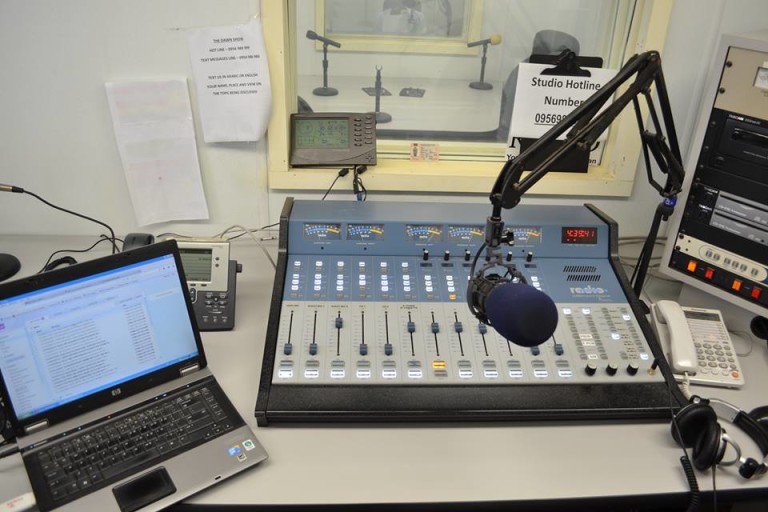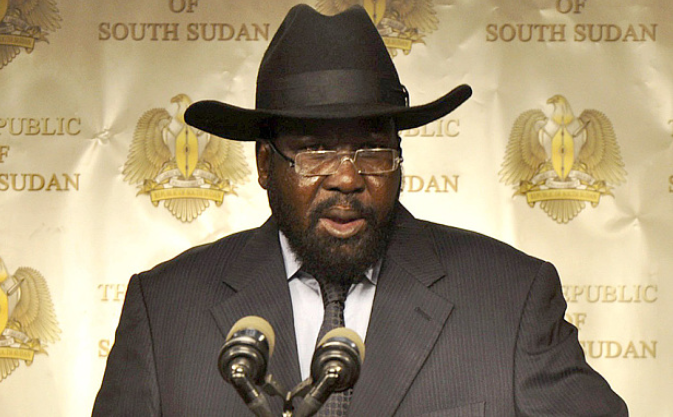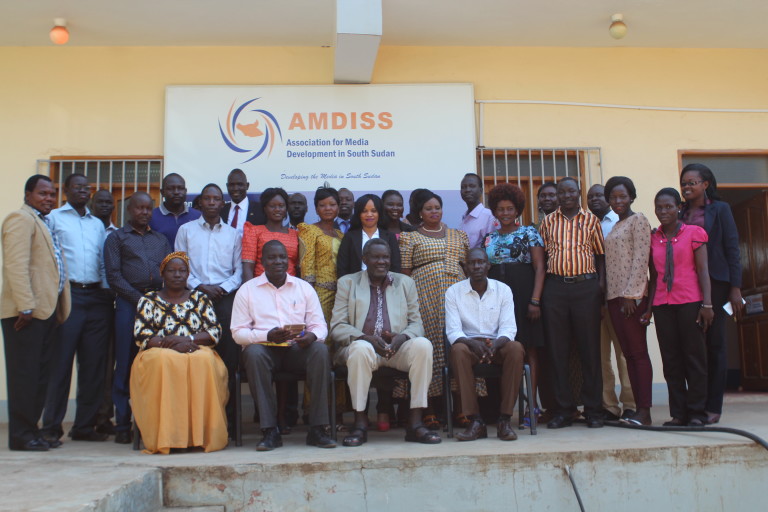Joy Doreen Bbira, a Ugandan journalist working with KTN Television in Kenya, was on the evening of November 28, 2016 charged with ‘Abeting terrorism’ after being detained at police for about 24 hours in Kasese in South Western Uganda. On conviction, ultimate sentence for such a crime is death.
She together with four family members were released on police bond and required to report back on December 8, 2016.
Bbira and the other family members were arrested by the Ugandan army from their family home in Kasese accusing them of taking photographs of the fights going on in the Rwenzururu sub-region.
Bbira was in the country to perform a cultural marriage ceremony which saw her introduce her Kenyan boyfriend to her parents. Her boyfriend was among the five arrested.
Her uncle from whose home they were arrested told Human Rights Network for Journalists-Uganda (HRNJ-Uganda) that armed men in army uniform stormed his home and arrested the journalist and four others family members. “The army stormed my home after seeing a camera flash. They demanded to know who had photographed the scene. They ordered me to bring out all the inmates at the time, lined them up, confiscated all their cellphones and drove them away to unknown destination.” Dr. Nathaniel Walemba told HRNJ-Uganda at the Kasese Central Police Station where the five were being detained.
“It is surprising that Bbira and my son who were both sleeping in the house at the time were all charged with abeting terrorism, yet even the picture found on the confiscated still camera had not been circulated or used anywhere. Am happy that they were finally released. We wait to see what happens next” Said Dr. Walemba
On November 28, 2016 army men re-appeared at doctor’s home and searched it, then went away with a still camera.
The security has since confiscated a memory card, laptop and car keys .
On November 26, 2016 a fierce fight erupted between the royal guards of the cultural institution of the Obusinga Bwa Rwenzururu in Kasese and the Ugandan police and army which has left over forty royal guards and 16 police officers dead with over 139 royal guards including the King arrested.
The social media was awash with pictures and videos of brutally murdered people in the sub-region as a result of the scuffle. The police say it is not clear who was taking and sharing such material.
“We find the charges of abetting terrorism slapped against the journalist and the four family members very ridiculous, unfounded and a shame, only intended to harass and intimidate journalists covering the developments. As a journalist, one is allowed to receive and share information, until that position is outlawed. We call upon the State to drop the charges, and in likely circumstances, ensure the safety and security of journalists covering the events in the volatile region.” Said the HRNJ-Uganda National Coordinator, Robert Ssempala











